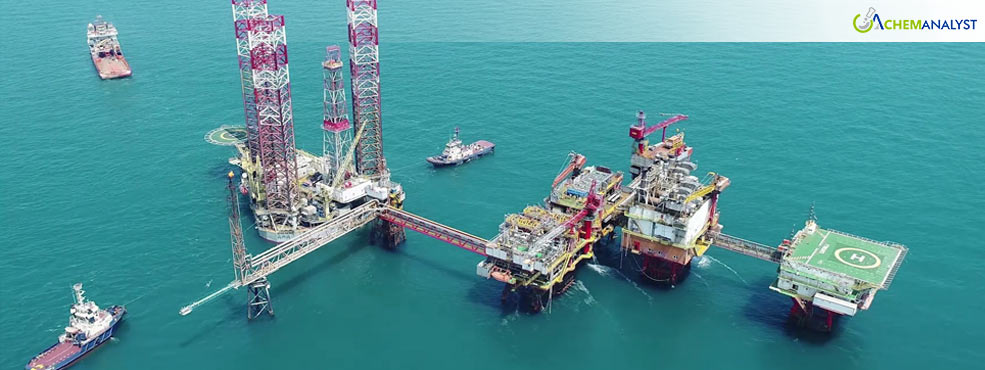Welcome To ChemAnalyst

Austria's OMV and Germany's Uniper have entered into a landmark agreement to supply gas from Romania's Black Sea, highlighting the country's growing role as a key energy supplier in Europe. The five-year contract will deliver 15 terawatt-hours of natural gas from the Neptun Deep project, located in Romania's economic zone in the Black Sea, which spans water depths ranging from 100 to 1,700 meters. This agreement comes in the wake of Russia's recent halt to gas supplies via Ukraine and a broader decline in EU energy imports from Russia, following its invasion of Ukraine.
The gas supply deal marks a significant milestone for Romania's energy sector, as the Neptun Deep project is poised to become a cornerstone of the nation's gas production. The 15 terawatt-hours represents approximately 1.5% of Germany's gas imports in 2024, making it the first contract to support the long-awaited deepwater gas project. It comes more than a decade after the discovery of gas reserves in Romania’s Black Sea region. Neptun Deep, set to begin production in 2027, is estimated to hold around 100 billion cubic meters (bcm) of natural gas, positioning it as one of the EU's largest gas reserves.
Once operational, Neptun Deep will make Romania the EU's largest gas producer and the first to become a net gas exporter. Romania's total offshore gas reserves are estimated at 200 bcm, offering substantial potential to diversify the region’s gas supply. George Scutaru, director of Romania's New Strategy Center, estimates Neptun Deep could produce 7 to 8 bcm annually, generating over $25 billion in revenue—equivalent to three and a half years of Romania's current defense budget.
Romania already produces around 80% of its gas domestically, and Neptun Deep, alongside other production sources like Ana, will fulfill the country’s annual consumption of approximately 12 bcm. Romania could even export surplus gas to neighboring countries, reducing their reliance on Russian imports. Moldova, Bulgaria, and Serbia, with annual gas consumption of 2.9 bcm, 3 bcm, and 2.4 bcm respectively, could benefit from these exports, especially as Romania seeks to replace Moldova’s Russian gas imports.
However, there are risks. Russia has previously opposed offshore gas projects in the Black Sea, especially after its annexation of Crimea in 2014, which created a disputed border between Romania’s and Russia’s exclusive economic zones (EEZ). This geopolitical tension raises concerns about potential Russian interference, with experts debating whether offshore facilities in Romania’s EEZ would be protected under NATO's Article 5 or Article 6 provisions, leaving room for potential destabilizing actions by the Kremlin.
We use cookies to deliver the best possible experience on our website. To learn more, visit our Privacy Policy. By continuing to use this site or by closing this box, you consent to our use of cookies. More info.
